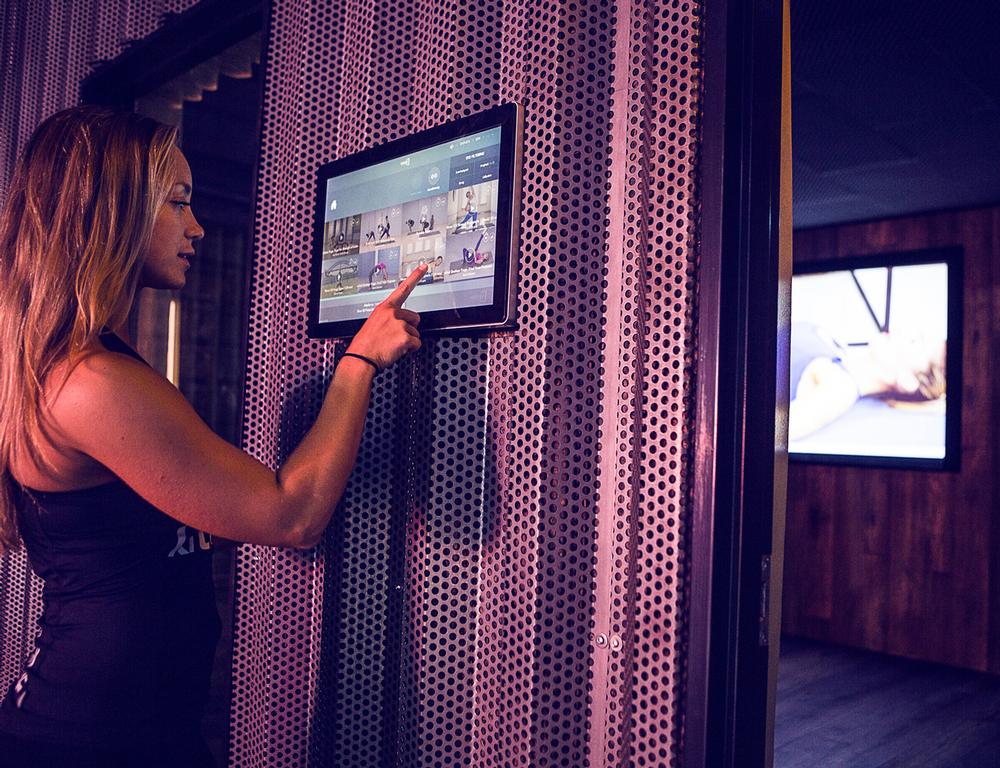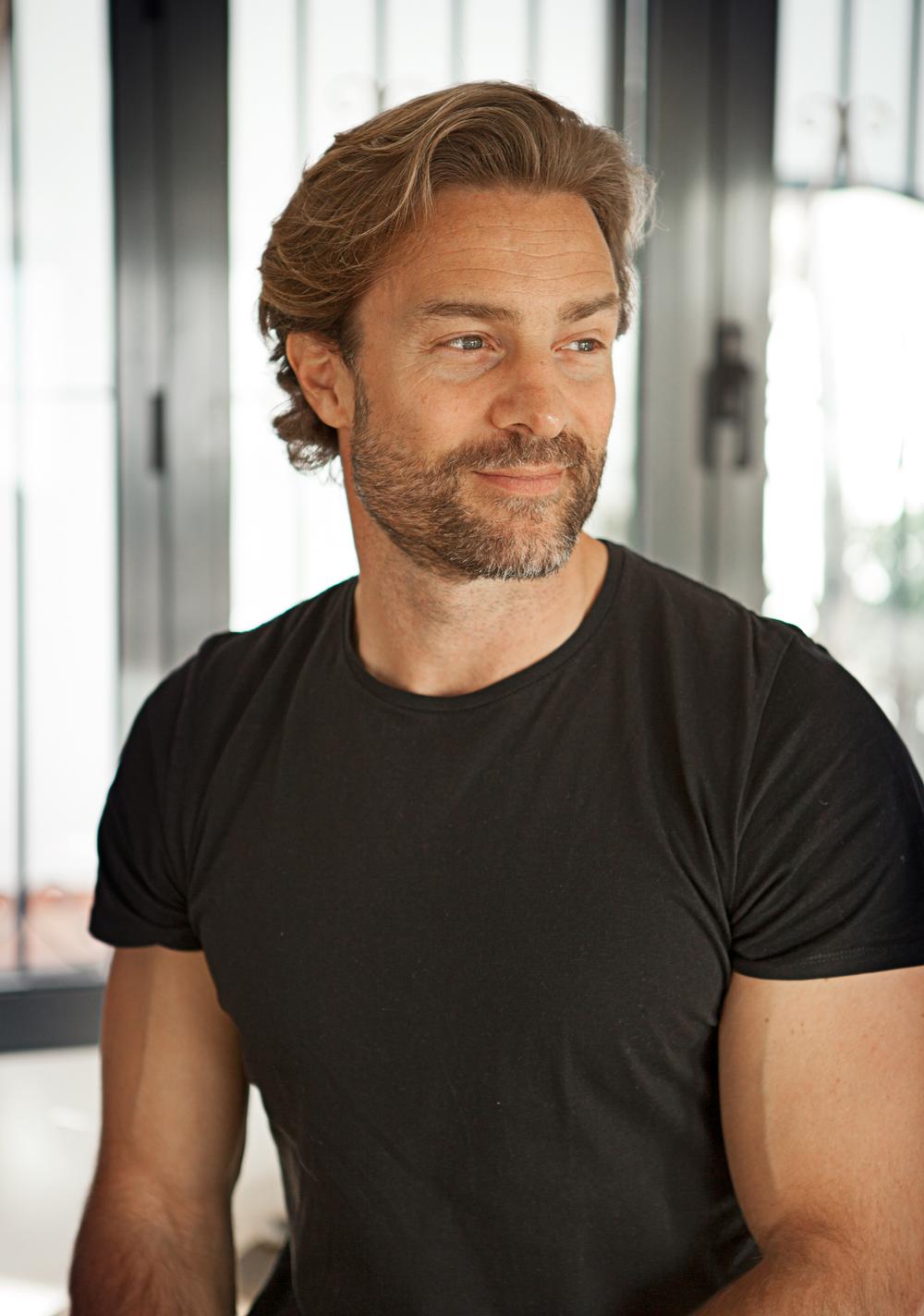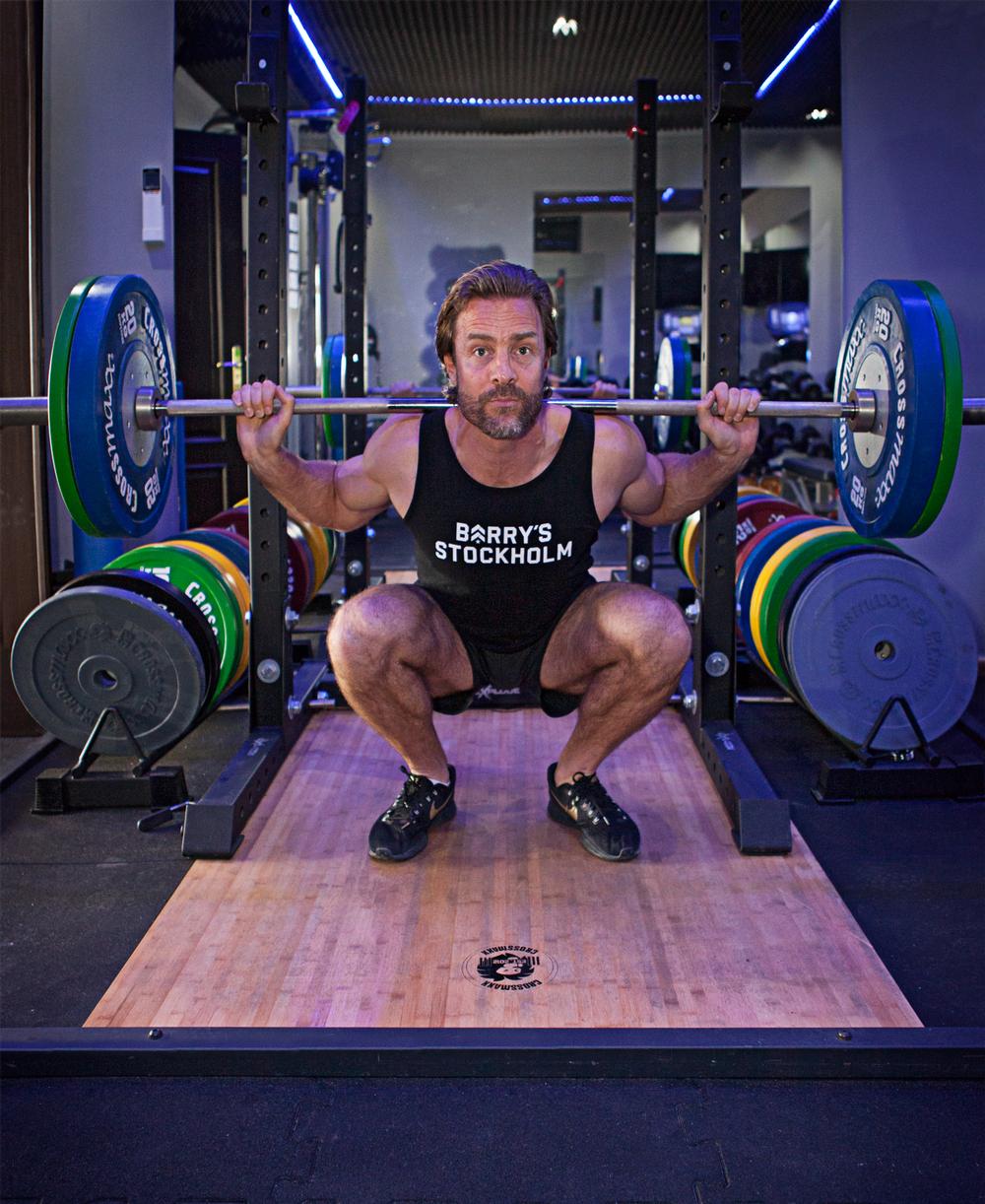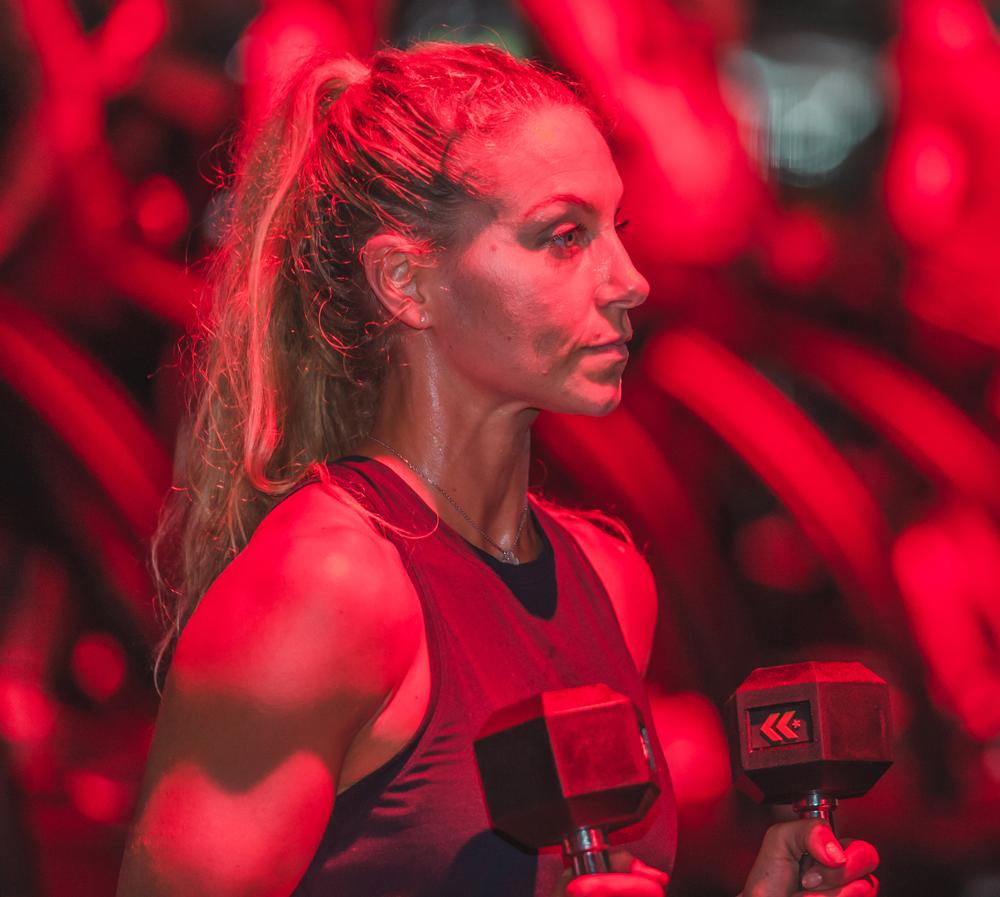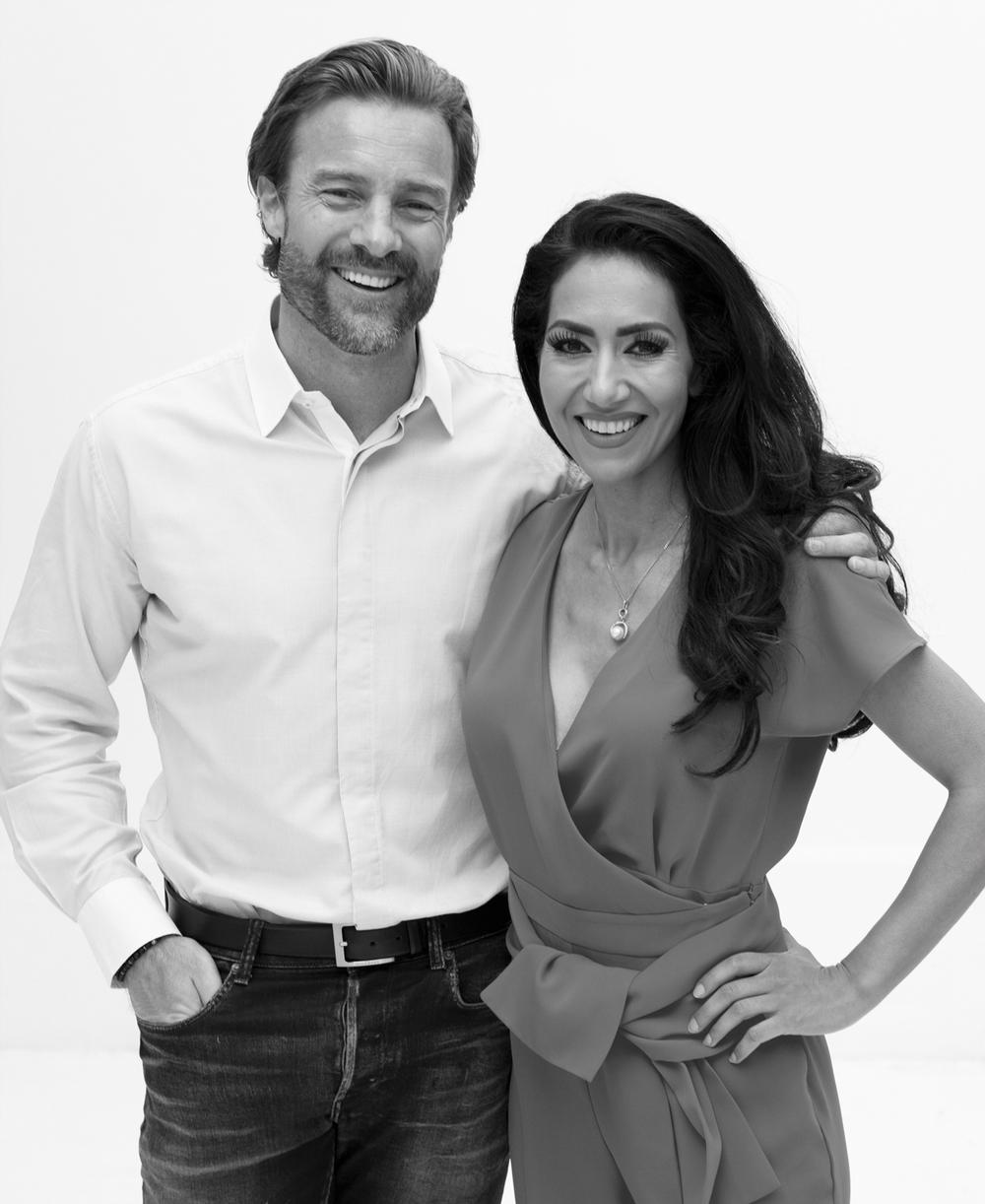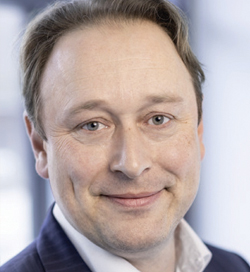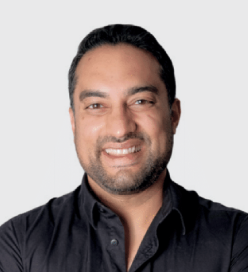Rasmus Ingerslev has a track record of spotting a niche and blazing a trail. Among his many successes he’s created Denmark’s first chain of low-cost clubs; built the global virtual fitness technology company, Wexer, and has introduced boutique fitness to Stockholm and Gothenburg with Barry’s Bootcamp.
Although this visionary entrepreneurialism has led to him becoming a big hitter in the industry, it hasn’t always made for plain sailing – on occasion he’s been too far ahead of the curve and has had to wait for the industry to catch up.
Wexer is a case in point. After selling his first company, fitness dk, and leaving altogether in 2008 to pursue his brain wave of creating an online gym, Ingerslev was hit by the global financial crisis and found himself with a company that was ahead of its time.
“I lost 95 per cent of my fitness dk earnings in the crash and was left with a company that wasn’t flying,” says Ingerslev. “I felt the idea of an online gym overcame many of the reasons why people don’t go to gyms – solving all the issues of intimidating environments, lack of time and lack of money. I planned to make it cheap and convenient to exercise at home and fund it by banner advertising, but in 2008 the market wasn’t quite ready for this concept.”
Never give up
The chips might have been down, but Ingerslev’s resolve and dogged persistence – honed through years of competitive karate at elite level in Denmark – were undiminished. “I never give up! It’s not how many times you fall, it’s how many times you get up that is important,” he says. “What I learned from karate, that I’ve been able to take into business, is that you need to be a humble and likeable person, so that people will invest in you, either with their time, their advice or their money. I lost my money, but I knew I hadn’t lost the knowledge I had gathered making that money, so I could use the knowledge to make the money again.”
Four years of working without a salary followed, while Ingerslev threw himself into the creation of two businesses. Knowing that Wexer was a good concept that would work one day, he kept it bubbling along. And, being a health club operator at heart, he launched his second chain of clubs.
“I’m part of a round table group of industry professionals who meet up quarterly and discuss new concepts, and a few of them were getting into low cost gyms,” he says. “I identified a gap in the market in Denmark and created Fresh Fitness in 2010.”
Fresh Fitness had the right timing: the concept worked and by 2014 the chain had grown to 22 clubs and 75,000 members. At this point, Ingerslev’s life was looking very different. Wexer had also taken off, so he had two thriving businesses, he had married Mouna Esmaeilzadeh and their first child, Isabel, was born.
Applying the same commitment to fatherhood as he does to his work, Ingerslev opted to dial back his business interests to spend time with his daughter. He sold Fresh Fitness to Fitness World and recruited Paul Bowman as CEO of Wexer, stepping back to executive vice chair. Now 11 years old, Wexer continues to grow: it has offices in Denmark, Amsterdam, New York and London and 4,000 installations in around 60 countries, working with 18 of the top 25 global health and fitness groups.
The third chain
While fatherhood was wonderful, Ingerslev soon found he missed being a health club operator. It was time to call up some old colleagues and start a new chain.
This time round, he spotted a niche for an urban millennial brand. This was the birth of Repeat. It now has four clubs in Denmark and one in Sweden, with further expansion on the cards for this year. “I’m always building clubs, it’s my true passion,” he says. “I called it Repeat because it was the third time I had built a chain and because workouts are based on repetitions. We have replicated the nightclub and restaurant environments that 22- to 35-year-olds like to hang out in.”
With two health and fitness businesses already on the go, Ingerslev then came across Barry’s Bootcamp on a round table trip to Miami. Immediately hooked, he invested to become the master franchisor for Denmark, Sweden and Finland, seeing potential for 10 to 15 clubs across the three countries. The first two have now launched in Sweden.
“Barry’s Bootcamp is doing really well in Stockholm, which is home to a lot of ex-pats and people who travel and know the concept, but it has taken longer to gain traction in Gothenburg,” he says. “No brand exists in suburbia – it’s hard to be the trail blazer, as you have to do the education. Boutiques are still a big city phenomenon, where they fly from day one, but the return on investment is very different in secondary cities, where it takes 12 to 24 months to establish boutiques.”
New opportunities
Added to these commitments, Ingerslev has also recently become involved with two more companies, which approached him for his expertise. One is Playbook, an inspirational tool that allows people to follow the workouts of celebrities and PTs.
The second, which Ingerslev is very enthusiastic about, is Lenus: an ehealth company allowing PTs and dieticians to create intelligent diet plans, based on a detailed questionnaire. The technology allows the PTs to take on many more clients than if they worked out the diet plans manually, and they also get the lion’s share of the fee.
“The software does most of the legwork, leaving the PTs to do the tweaks and customer interaction,” says Ingerslev. “For the end user, it’s a way of helping them reach their goals. Many people work really hard in the gym without seeing the full benefits, because they don’t realise that half the battle is won in the kitchen.”
Ingerslev predicts technology will continue to be a defining force, which the health and fitness industry should embrace: “My dream is for our industry to have a much more significant impact on global health; there is still so much more we can do to offer a better service – to attract and retain more people, and to enable them to workout anywhere.
“What we supply should be like a piece of Lego – where the service the club is offering can easily connect to another service or system. This requires a shift in the mentality for both clubs and IT providers, to have open systems so they can be easily integrated and allow the member to personalise their fitness experience. Trying to own the information and the entire customer journey does not offer the best experience to the consumer.”
Dr Mouna’s popular science
Early adoption of technology has also been a defining factor in Esmaeilzadeh’s career. With degrees in both medicine and philosophy, she has spent her working years at the cutting edge of medicine. Prior to relocating to Spain in 2018, she ran a medical clinic in Stockholm, which used the latest technology and scientific methods to predict, and avoid, disease.
Following the sale of her clinic and the family’s relocation, Esmaeilzadeh’s work now revolves around her speaking engagements and board work. She has a regular slot on Swedish television, with the programme Popular Science with Dr Mouna, and also sits on a mind and wellbeing panel. On top of this, she’s about to take up board positions with two global med tech companies.
Prior to our interview, Esmaeilzadeh had just addressed a conference at the O2 Arena in London, discussing Future Hope. This is the formative idea of the new company she’s in the process of setting up, which aims to be an antidote to our fake news and clickbait- dominated world.
Spreading hope
“People think we live in terrible times, but actually the world has never been in a better state,” she says. “There are fewer starving children than there have ever been and within 30 years starvation won’t exist. In the last 200 years we have seen a massive reduction in poverty and doubled our life expectancy. In the last 25 years we’ve seen cancer mortality decrease by 25 per cent.
“But all this is nothing compared to what could happen in the near future. We have so many opportunities open to us. Scientific developments are moving so fast and we’re becoming so empowered, that there will be so many opportunities for good. People should really not be feeling afraid.”
Esmaeilzadeh concedes that changing peoples’ mindsets is not an easy task, because the people she is targeting are not aware they even have a problem: “Media consumption has changed massively. People used to get their news from the media, which was written based on facts. Now people tend to get their news from social media, which is full of click bait, filter bubbles and fake news and frequently leads to populism, hatred and a cynical world view. Without realising it, people become caught in a bubble. We may not be able to burst their bubble, but we can at least try to expand it.”
Full details of the project are still under wraps, but Esmaeilzadeh will use engaging content, infotainment, social media channels and celebrities to get her positive messages across: “I want to use science to dispel the myths, and spread hope by democratising facts and knowledge. Scientists make science boring – we need to make it sexy, so the brain’s reward system seeks more! My challenge is to make science more interesting than Kim Kardashian’s backside!”
Changing mindsets
A refugee from Iran, Esmaeilzadeh’s family fled the regime when she was three and settled in Sweden, an opportunity for which she is eternally grateful. She says she doesn’t want her children to grow up in a world full of hatred, and believes hatred comes through fear and not having the correct facts: “Hatred comes from ignorance, so without fear people tend to be kinder. I believe we can create hope for the future through increased knowledge based on scientific facts.
People generally want to do good things, they just need the tools to be able to do so and to be empowered. It’s important for people to feel they can be part of making the world a better place.”
Esmaeilzadeh says we need a brain upgrade, which we can achieve by learning to question our perceptions, thoughts and assumptions, rather than unquestioningly going with our first impulses. “It’s in our make up to be drawn to negativity,” she explains. “Our brains have not developed much in 50,000 years: we’re still very much like a caveman, and wired to look for threats and dangers. While it served the caveman well to be on the lookout for a lion, rather than admiring a sunrise, we’re not in that situation anymore.”
Looking at the sunrise is a very good place for this brain rewiring process to start: what better hope for the future than a new dawn?
Esmaeilzadeh and Ingerslev start each day by appreciating the spectacular sunrise from their hilltop villa in Marbella and despite all their achievements – and the opportunities their work has given to others – they say it’s the grounding aspects of nature, love and family they hold most dear.









